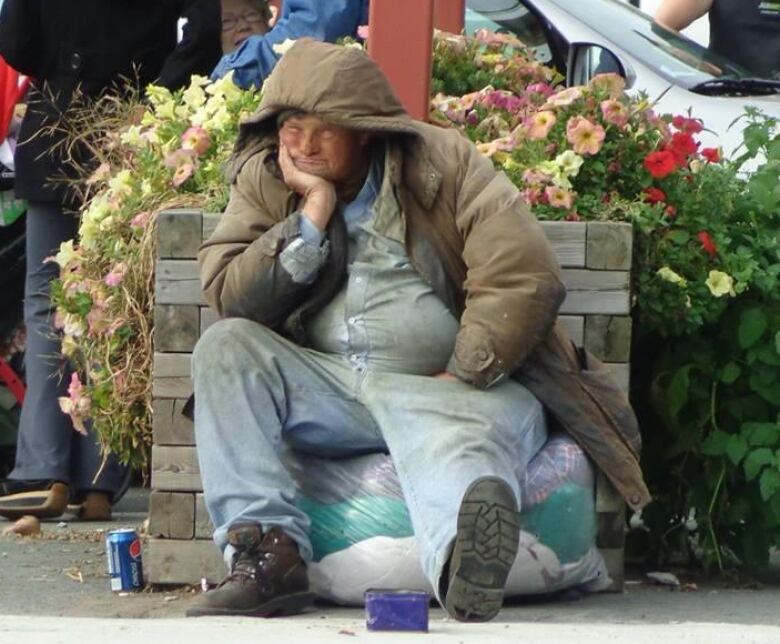Mr. Big sting led to Harley Lawrence murder charge
Recent Supreme Court ruling in Nelson Hart case will factor into prosecution of Kyle Fredericks

Police used a controversial undercover technique to get a confession from one of two accused charged with killing a Nova Scotia homeless man, CBC News has learned.
Harley Lawrence was found dead in a burnt-out bus shelter in Berwick on Oct. 23, 2013. In April, Daniel Wayne Surrette and Kyle David James Fredericks were charged with first-degree murder in Lawrence's death.
The pair appeared in provincial court in Kentville on Thursday to set dates for a preliminary inquiry.
Lawyers for both men said they would agree to a trial on a charge of second-degree murder. But they want a preliminary inquiry for the Crown to prove that the higher charge of first-degree murder is warranted.
Judge Alan Tufts asked defence lawyers whether a recent Supreme Court of Canada ruling would be a factor in the trial.
The lawyers replied that the decision would not apply at the preliminary inquiry, but would likely be a factor at an eventual trial.

The decision the judge and lawyers referred to is the case of Nelson Hart of Gander, N.L.
Hart was convicted of drowning his twin daughters 12 years ago. The Supreme Court of Canada ruled last month that Hart's conviction must be thrown out because of methods police used to get Hart to confess.
- Nelson Hart, accused of killing twin daughters, quietly released from custody
- 'Mr. Big' Mountie upset with Nelson Hart decision
- N.S. psychologist examines 'Mr. Big' technique
Hart was the target of a so-called Mr. Big sting, where undercover police officers posed as criminals to persuade him to admit to past crimes.
The Supreme Court ruled the Mr. Big technique can induce people to make confessions that are unreliable. The ruling places strict limits on how police can use the technique, and places a greater burden on the Crown before information obtained in a Mr. Big operation can be used in a trial.
Sources tell CBC News that Kyle Fredericks was the target of such an undercover operation in the months leading up to his first-degree murder charge. The technique was apparently not used against his co-accused, Daniel Surette.
Fredericks and Surette face a preliminary inquiry in February, and a trial would come some months later. The admissibility of evidence obtained through the Mr. Big sting would likely be argued at a pre-trial hearing.
Three murderers jailed after Mr. Big stings
The Mr. Big sting has been used in at least three high-profile murder cases in Nova Scotia. All three resulted in guilty pleas and convictions.

In January 2009, Penny Boudreau pleaded guilty to murdering her 12-year-old daughter, Karissa.
Boudreau first claimed the girl disappeared after they fought. Karissa's body was found on the banks of the Lahave River in January 2008, days after she'd been reported missing.
Almost a year later, Boudreau confessed to choking the girl and dumping her body.
Jason MacRae confessed to killing his wife, Paula Gallant, five years after the crime.
Her body was found in the trunk of her car at the school she taught at on Dec. 27, 2005. In March 2011, MacRae pleaded guilty to murdering her over a $700 gambling debt. He was charged after he provided details of his crime to undercover police posing as gang members.
Victoria Ann Weir-Hales pleaded guilty to murdering her husband's first wife in December of last year. Christina Cline's body was found in Shubie Park in north-end Dartmouth in November 2011. The mother of three young children had been stabbed multiple times.
Weir-Hales pleaded guilty to second-degree murder and must serve a minimum of 15 years of a life sentence before she can apply for parole.